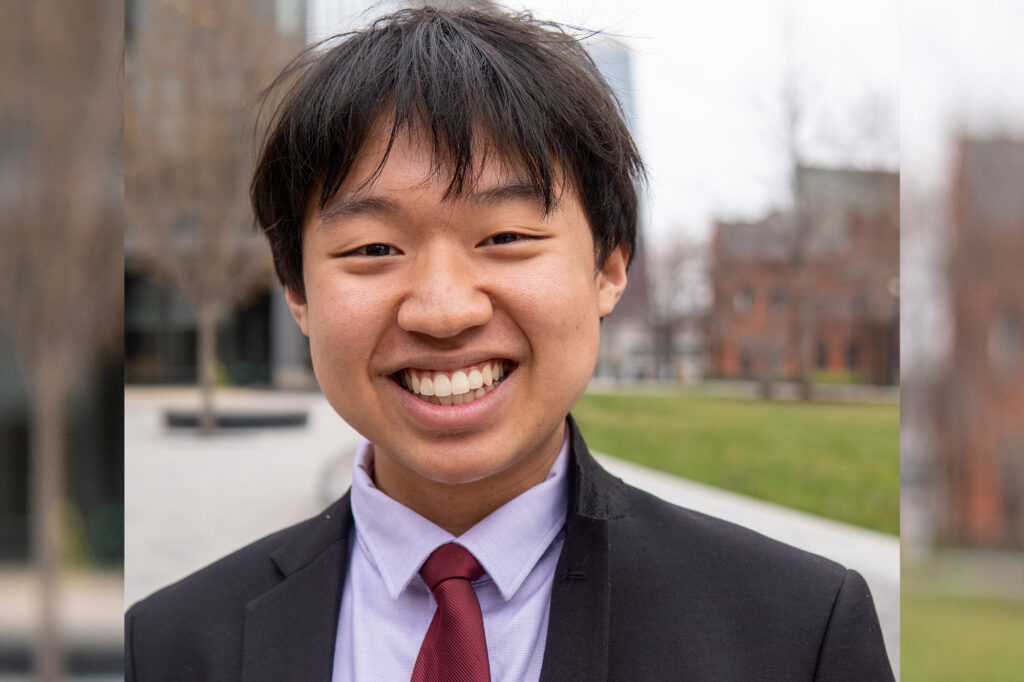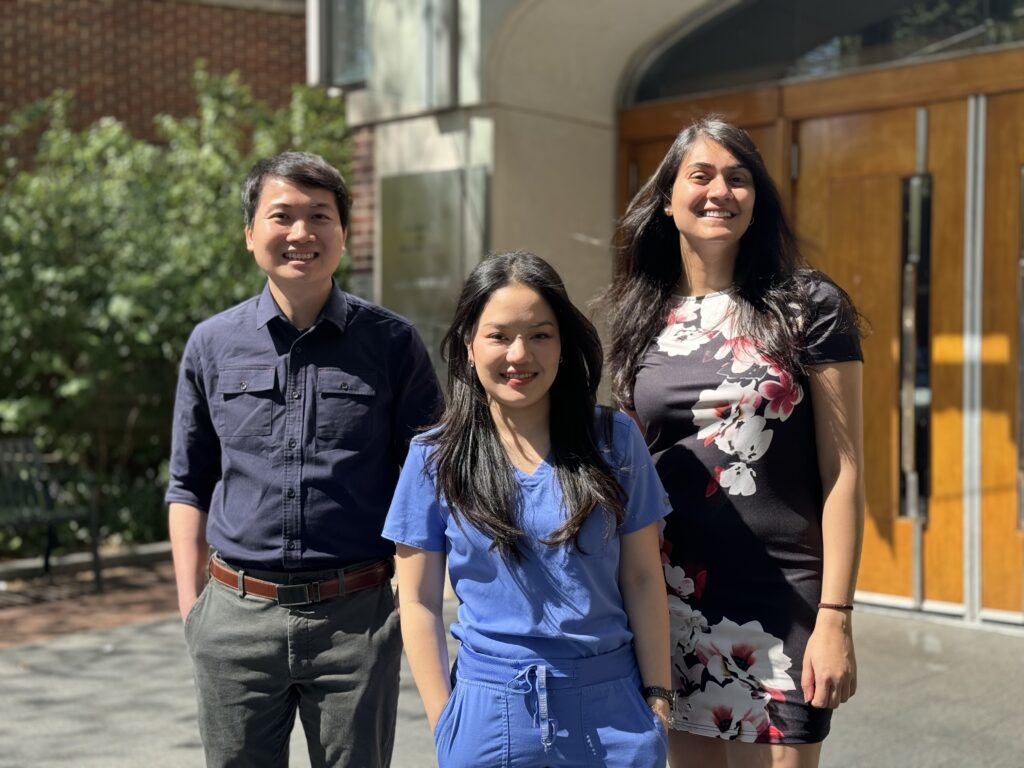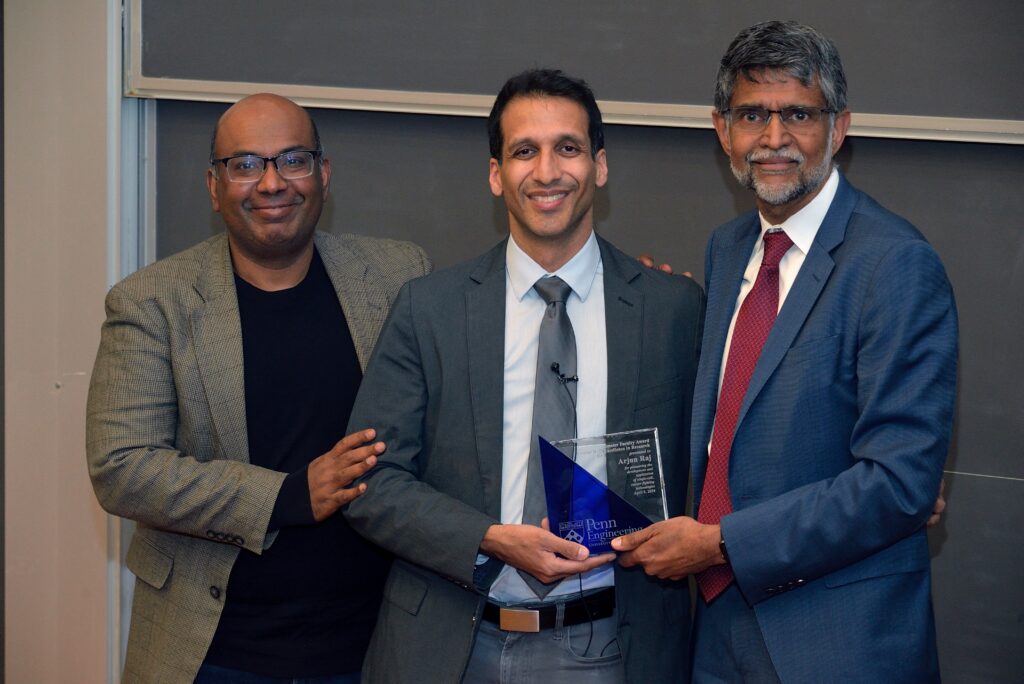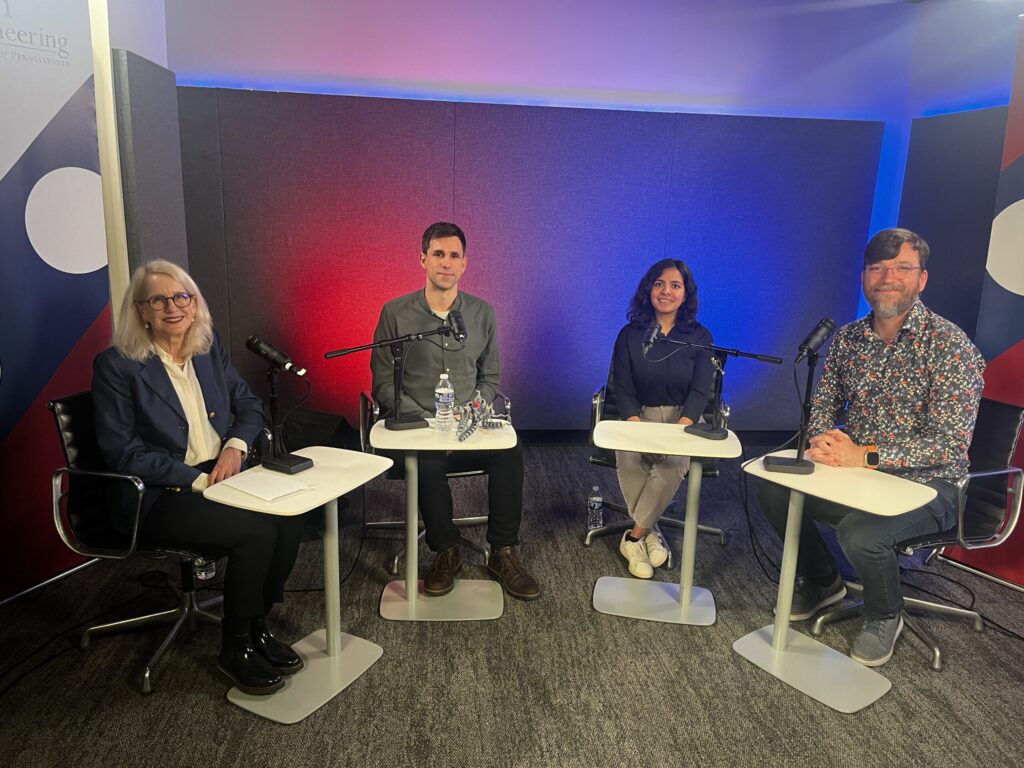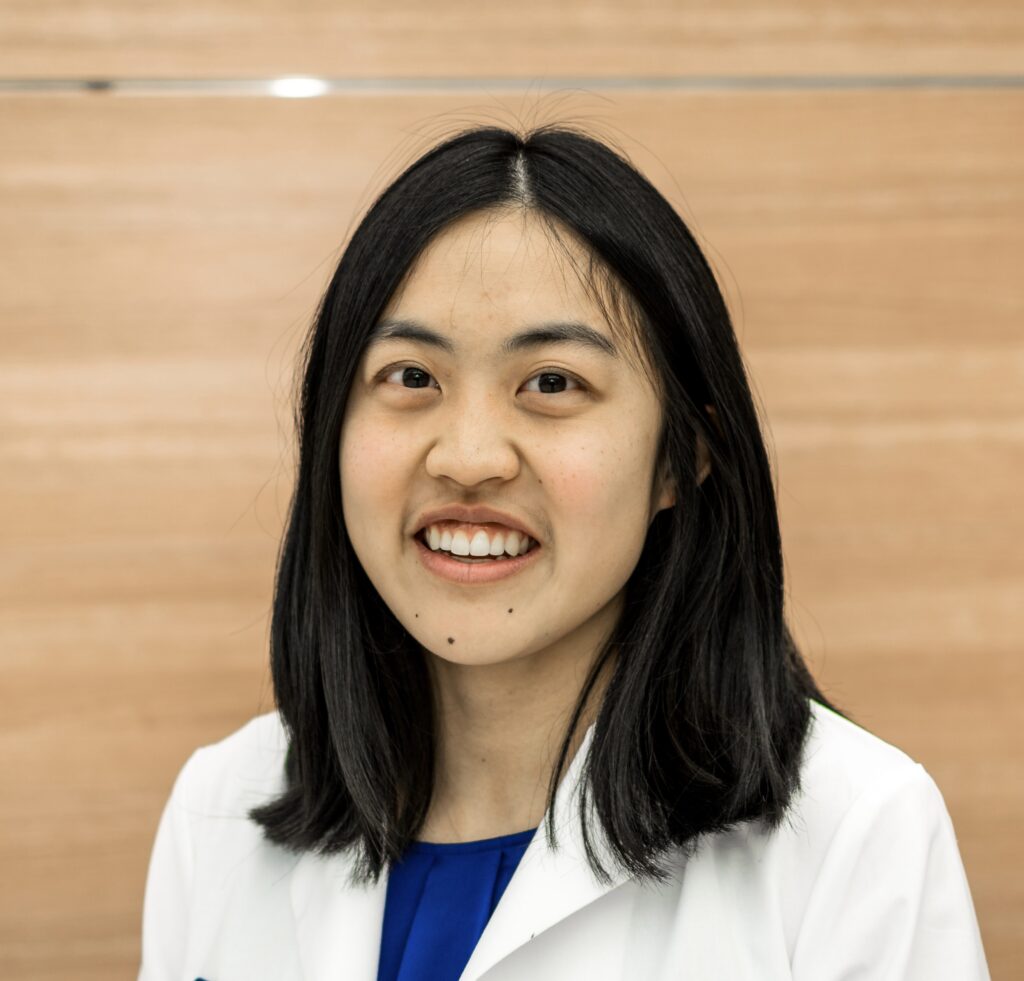
Karen Xu, a 2024 doctoral graduate in Bioengineering at the University of Pennsylvania, is one of 100 doctoral students in the U. S. and Canada selected to receive a $25,000 Scholar Award from the P.E.O. Sisterhood.
The P.E.O. Scholar Awards were established in 1991 to provide substantial merit-based awards for women of the United States and Canada who are pursuing a doctoral-level degree at an accredited college or university. Scholar Awards recipients are a select group of women chosen for their high level of academic achievement and their potential for having a positive impact on society.
The P.E.O., founded January 21, 1869, at Iowa Wesleyan College, Mount Pleasant, Iowa, is a philanthropic educational organization dedicated to supporting higher education for women. There are approximately 6,000 local chapters in the United States and Canada with nearly a quarter of a million active members.
Xu graduated summa cum laude with a B.S.E. in Biomedical Engineering from Duke University in 2018, after which she joined the M.D.-Ph.D. program at the University of Pennsylvania. She completed her Ph.D. in Bioengineering in spring 2024, funded by an NIH NRSA F30 fellowship, and is set to earn her M.D. in 2026. Under the mentorship of Jason Burdick, Bowman Endowed Professor in Chemical and Biological Engineering at the University of Colorado Boulder and Adjunct Professor in Bioengineering in Penn Engineering, and Robert Mauck, Mary Black Ralston Professor in Orthopaedic Surgery in the Perelman School of Medicine and in Bioengineering in Penn Engineering, her doctoral research has focused on engineering disease models to facilitate therapeutic discoveries. Her doctoral thesis involved the fabrication of hydrogels as tissue mimics to investigate how extracellular environments affect cell behaviors, thereby informing repair of dense connective tissues.
Beyond her research, Xu has taught with the Educational Pipeline Program at the Netter Center and the Perelman School of Medicine, where she hopes to inspire and support the next generation of healthcare workers and scientists.

